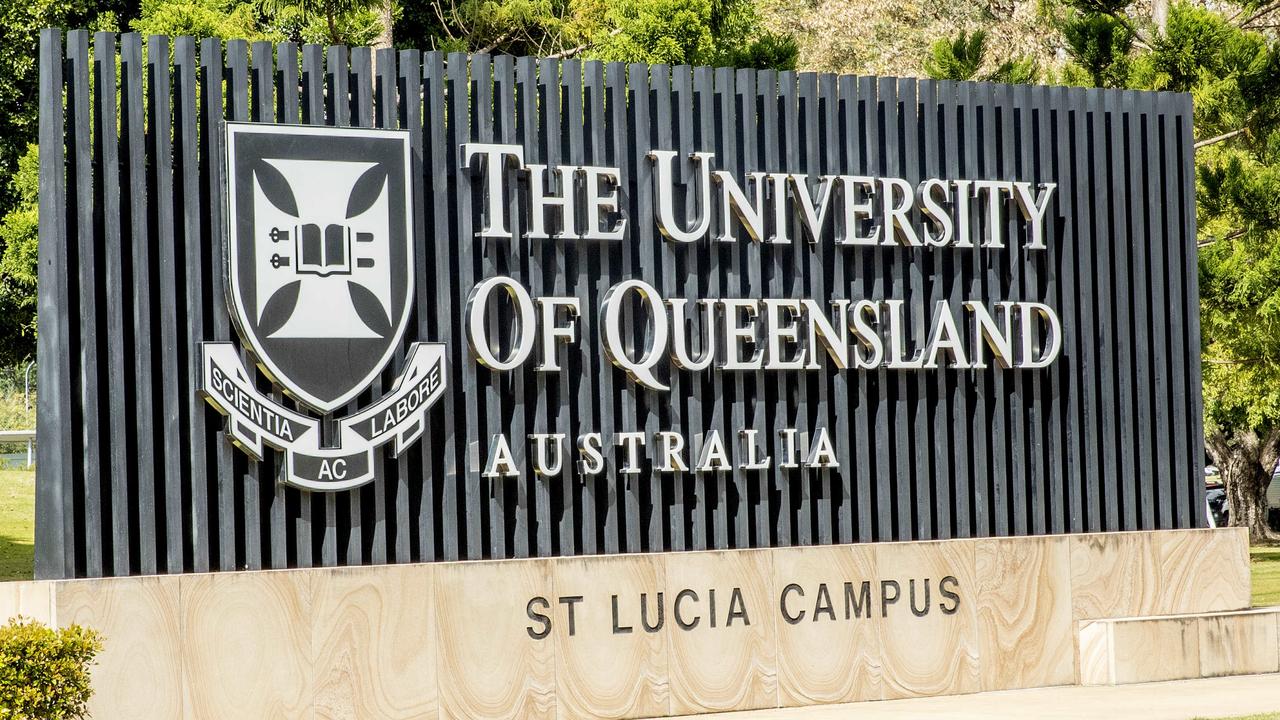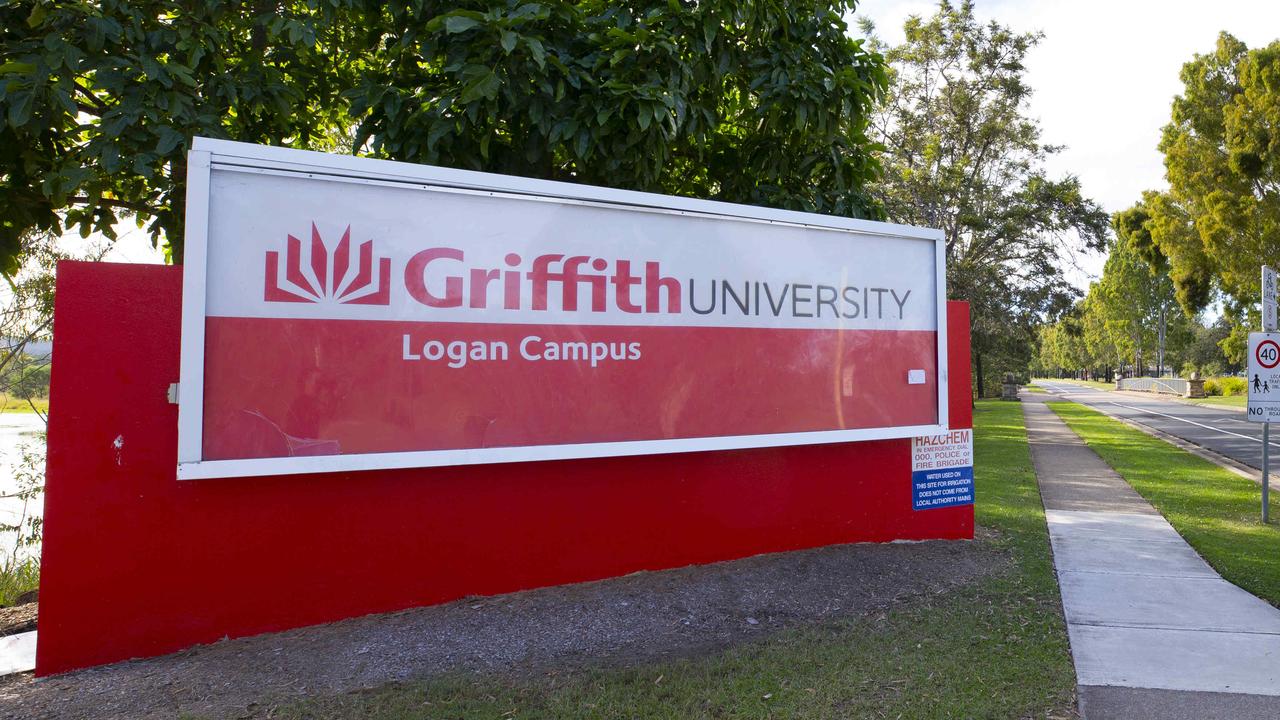Redundancy fears as some unis fail to rule out further job cuts
One South East Queensland university has made more than 300 staff redundant since 2020 with fears more may go after a $70m loss last year.
A turbulent year for global sharemarkets and depleted international student numbers have been blamed for Queensland universities recording nearly $600m in financial losses.
A Courier-Mail analysis of 2022 university annual reports has revealed the institution’s financial positions as the sector continues to bounce back from the pandemic.
The University of the Sunshine Coast was the only institution to record a surplus in 2022, thanks to guaranteed commonwealth funding, healthy cash reserves, and asset growth.
However, the University of Queensland and Queensland University of Technology both suffered heavy operating losses – largely due to falls in financial markets.
Meanwhile, Griffith University expects continued deficits until 2026, after an almost $70m loss last year.
Some of the universities, which collectively laid off hundreds of staff at the start of the pandemic, failed to rule out further job cuts or early retirements.
A Griffith University spokesperson said it was expecting budget deficits to continue to 2025, but said it had been “cushioned” from previously strong financial years.

“Griffith University, like most other tertiary education institutions in Australia, have felt the
financial challenges brought by the pandemic,” the spokesperson said.
“We have planned carefully to meet these challenges and focusing on the return of international students was just part of these plans.”
More than 300 Griffith staff were either made redundant or have retired early since 2020 however, but the spokesperson did not respond when asked if more staff losses were expected.
A University of Queensland spokeswoman said its deficit was “primarily” due to falls in the financial market, resulting in an “unrealised” $209m downturn in long-term investments.
The same investments netted the university more than $220m in 2021.
When asked if redundancies were on the table, the UQ spokeswoman said the university was taking a disciplined approach.

“The Vice-Chancellor has briefed staff that the university is taking a long-term, strategic approach to improving its operational surplus through budget saving and efficiency initiatives, taking a disciplined approach to hiring and diversifying income sources,” she said.
However, the spokeswoman pointed to UQ’s earnings before interest taxes, depreciation, and amortisation (EBITDA) which remains at $34m surplus.
“Although the university reported a deficit, the more informative financial outcome was the underlying EBITDA,” the spokeswoman said.
Similar to UQ, QUT has suffered heavy losses in its investment portfolio, on top of an already tough three years with the pandemic and the associated decline in international students.
“The main difference to the forecast is the unrealised loss on our investment portfolio which explains the majority of the variance between budget and forecast for the statutory result; and the lower investment returns – all of which is governed by factors outside our direct control,” a QUT spokeswoman said.

The spokeswoman said recent floods and December’s cyberattack had been costly but said there were no plans for university-wide redundancies.
“We will use our strong balance sheet to support us through what look like a tough couple of years from a financial outlook. We are looking to grow revenue while maintaining cost discipline to help us return to break-even in the medium term,” the QUT spokeswoman said.
The National Tertiary Education Union’s Queensland secretary Michael McNally said the 2022 operating deficits or surplus included fluctuations in the value of university assets affected by the share market.
Mr McNally said the reported EBITDAs were the best indication of a university’s true funds.
“Overall, some universities have had a revenue hit, but student numbers are starting to bounce back really well,” Mr McNally said.
“None of the universities can have any justification for further redundancies.”





